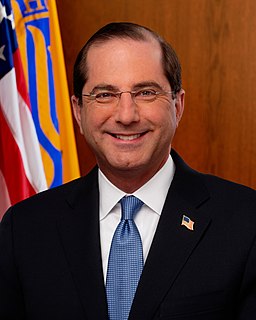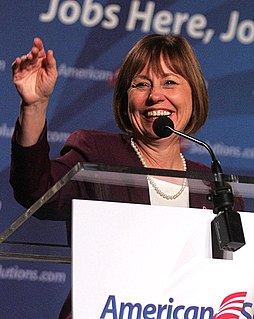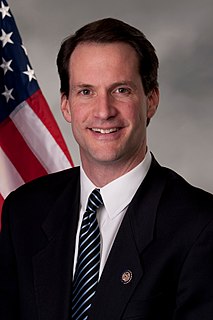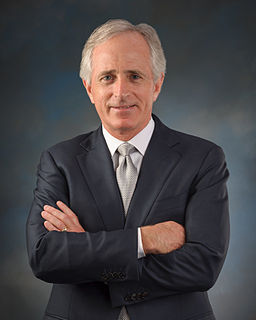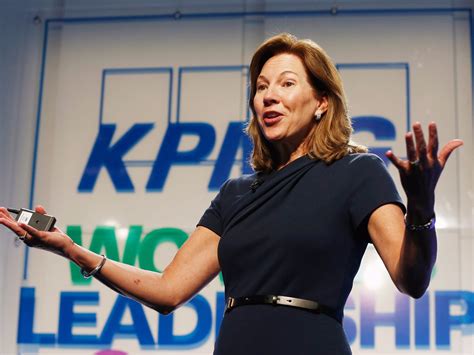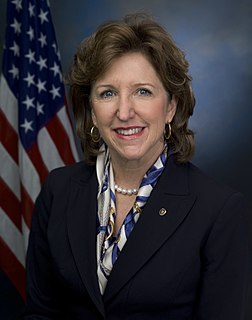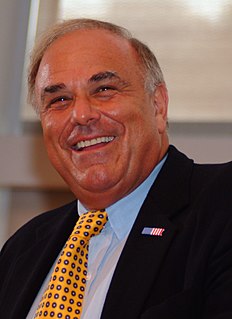Top 1200 Financial Regulation Quotes & Sayings
Explore popular Financial Regulation quotes.
Last updated on November 8, 2024.
We need financial regulation that allows businesses and the banks they use to have access to the tools that help keep prices of consumer goods - like groceries and home heating oil - steady, while ensuring that the taxpayers are never again on the hook for the types of wild bets that helped crash the economy in 2008.
I think (fantasy football) has become something that needs to be looked at in terms of regulation. Effectively, it's day trading without any regulation at all. When you have insider information, which has apparently been the case, when you have people who use that information, use big data to try and take advantage of it, there has to be some regulation. If they can't regulate themselves, then the NFL needs to look at moving away from them a little bit, and there should be some regulation.
The free enterprise concept inherent in the economic model of capitalism should mean common people, or lower and middle class wage-earners, have greater potential to rise up and gain financial independence. In reality, however, free enterprise all too often leads to an almost total lack of government regulation that in turn allows the global elite to run amuck in Gordon Gecko-style financial coups.
The Fed should make a clear commitment to stable money to reduce the swings in interest rates and inflation. Instead, it champions and flaunts unstable money. This encourages momentum trading and the growth of derivatives. Meanwhile, layers of financial regulation make Washington bigger and more powerful but don't fix the underlying problems.
I believe that the financial crisis of 2008/9 exposed more a lack of ethics and morality - especially by the financial sector - rather than a problem of regulation or criminality. There were, of course, regulatory lessons to be learned, but at heart, there was a collective loss of our moral compass.
Socialism is about claims of justice, and it is also about money: about wealth, income, physical and financial capital. It is an ideology based on allocating economic resources. It may try to achieve that goal by nationalizing assets, by command-and-control regulation, or by taxation and redistribution.
I'm not trying to be diplomatic. I'm trying to be more nuanced and realistic. I think there has to be a serious examination of the shortcomings of the Euro structure. Euro central institutions, whether it be fiscal policy, monetary policy, financial regulation, are simply not as robust as they are in a currency that has a national government behind it.
There is a big divergence between views on a variety of policy issues from fiscal stimulus to financial regulation. It's my hope and my ambition for the economics profession that as we advance our knowledge, that those discussions will narrow in their focus, and that it will help to have more prudent policy-making down the road.
